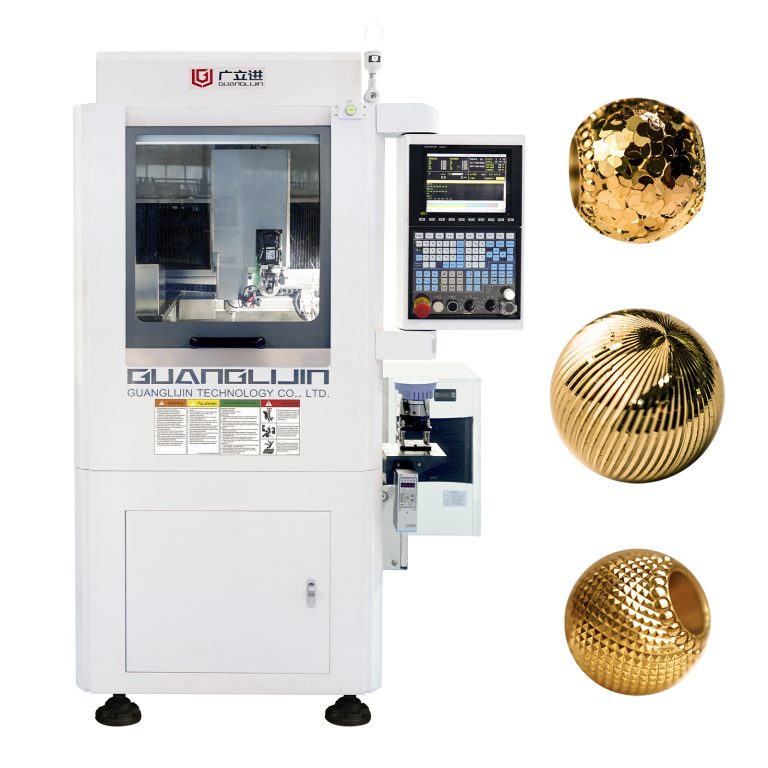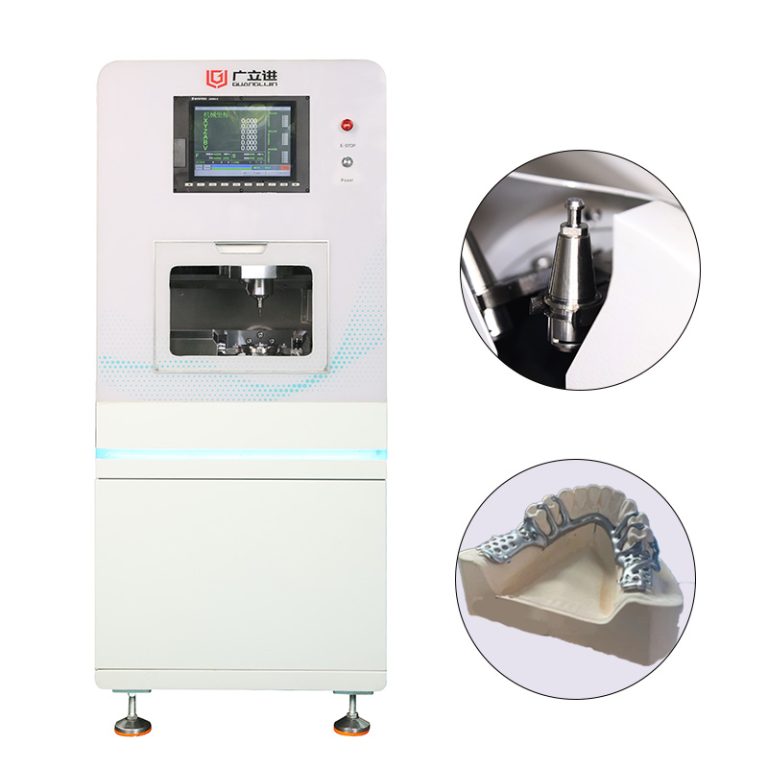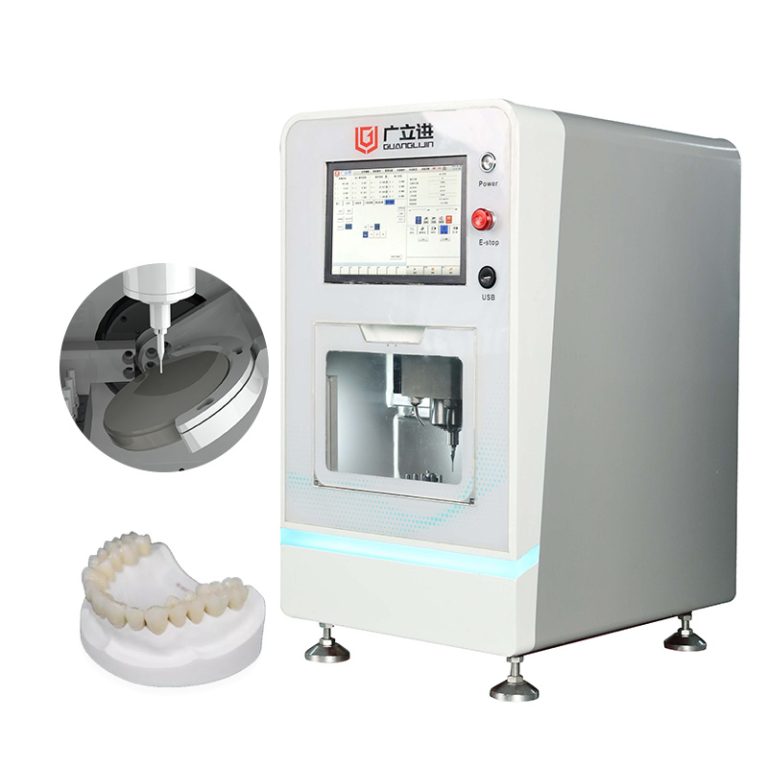How to Choose the Best CNC Machine Spindle for Precision Work?
The Spindle Selection Challenge
According to a 2024 Machining Technology Report, 62% of precision machining errors originate from improper CNC machine spindle selection. Choosing the right spindle can improve accuracy by up to 40% (Journal of Manufacturing Science).
Our team learned this lesson last year when a high-speed graphite job failed repeatedly. Turns out, the standard CNC spindle bearings couldn’t handle the RPM needed. We lost $15,000 in materials before diagnosing the issue.
Spindle Type Comparison
| Type | Best For | Precision | Max RPM |
|---|---|---|---|
| Belt-Driven | Heavy cuts | ±0.001″ | 8,000 |
| Direct-Drive | High-speed | ±0.0002″ | 30,000 |
| Motorized | 5-axis work | ±0.0001″ | 50,000 |
Interestingly, while motorized spindles offer the highest precision, belt-driven models often provide better torque for certain CNC milling applications.
5-Step Spindle Selection Process
- Define Needs: List materials, tolerances, and operation types
- Calculate RPM: Match to your typical tool diameters
- Check Power: Ensure adequate HP for your cuts
- Consider Cooling: Air vs liquid cooling options
- Verify Interface: Match taper type to your toolholders
⚠ Warning: Never prioritize RPM over runout accuracy. We’ve seen shops waste $10,000+ on ultra-high-speed spindles that couldn’t hold their required ±0.0005″ tolerance.
Key Precision Factors
These spindle specifications matter most for precision work:
Radial Runout:
– Under 0.0001″ for micromachining
– Below 0.0005″ for most precision work
Thermal Stability:
– Liquid-cooled spindles drift 60% less
– Ceramic bearings reduce heat buildup
Counterintuitively, sometimes a slightly slower spindle with better thermal control outperforms a faster but less stable unit in precision applications.
Spindle Evaluation Checklist
- □ Runout meets your tolerance requirements
- □ Cooling system matches operation duration
- □ Taper type compatible with existing tooling
- □ Bearings rated for your RPM range
- □ Service network available in your region
CNC Spindle Q&A
What’s the difference between ISO and HSK spindle tapers?
HSK tapers provide better grip at high RPM (above 15,000) while ISO (CAT/BT) suits lower-speed CNC machining centers.
How often should precision spindles be rebuilt?
Every 2-3 years for daily use, or when runout exceeds 0.0003″ – whichever comes first.
Can I upgrade my existing CNC machine spindle?
Yes, but consider power requirements and controller compatibility – some retrofits need additional drives.
What spindle is best for aluminum vs steel machining?
High-RPM (18,000+) spindles excel in aluminum, while steel needs lower-RPM, high-torque units.




